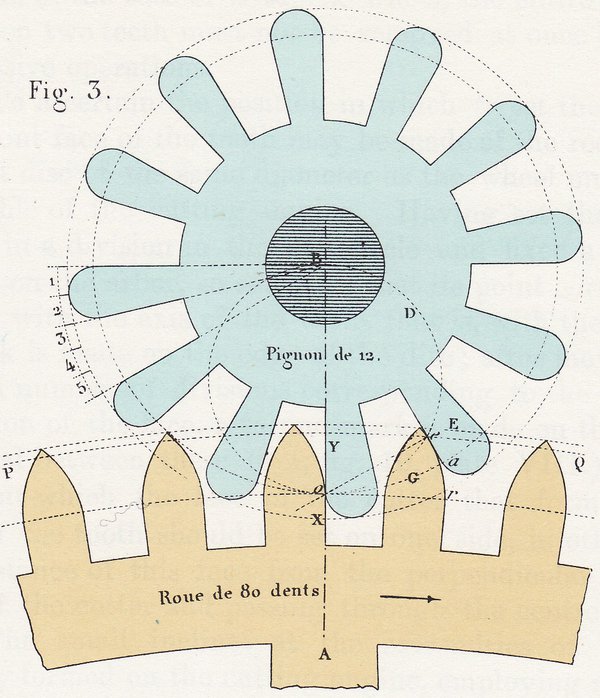Prizes and awards
The AHS supports education and encourages excellence in practical and written work through a series of annual prizes and awards.
AHS Birmingham City University Prize
The AHS BCU Prize is offered to a student in relation to the final masterpiece project submitted at the end of the degree course. It will be judged with respect both to the object on display at the final degree show and to the written submission accompanying the object. The AHS will take a view based on (but not limited to) the following factors:
(i) Does the project satisfy the learning outcomes stipulated in the degree programme document and the design criteria as developed by the student, as well as the essential criteria set out by the School of Jewellery Horology Department?
(ii) Was it finished by the University assessment deadline, or to an agreed or negotiated position?
(iii) Does the written submission articulate clearly and in sufficient depth the research process undertaken by the student, and provide adequate referencing of sources and inspirations for the project?
(iv) Does the written submission provide an accurate, detailed and honest account of the manufacturing process, including all design and manufacturing challenges encountered, the proposed and actual solutions, and an account of all matters of relevance from inception to completion of the object?
The AHS will be keen to understand the developing thought process that underlies the final choices made for a masterpiece project, including ideas and inspirations which are subsequently abandoned or modified, with clear reasoning for such changes. The AHS will take into account the quality of the referencing throughout the written submission. It is good working practice to develop sound referencing techniques as early as possible.
This is a competitive scheme, and a prize will only be awarded in those years when the AHS considers that an outstanding project has been produced. Generally a single prize will be awarded, though the AHS may in exceptional circumstances choose to divide the prize.
The prize is £1000, together with a commemorative certificate. Details of prize-winning students’ work will be disseminated by the AHS. Applicants should ensure they have checked with their tutors the final dates by which any submission should be made.
AHS West Dean College Prize
The West Dean College Prize is offered annually to a student of West Dean College on any horology course. The prize will be awarded to a student who produces an exceptional project combining both practical work and academic research. Written submissions must focus on one project and demonstrate a considered practical approach as well as a greater understanding of both the history and the practice of horological or allied arts that goes beyond rudimentary horological detail.
Eligible artefacts for study need not necessarily be clocks or watches so long as the submission clearly demonstrates a direct material or historical connection to horology and allied subjects and their contexts.
This is a competitive scheme, and a prize will only be awarded in those years when the AHS considers that an outstanding project has been produced. Generally a single prize will be awarded, though the AHS may in exceptional circumstances choose to divide the prize.
The prize is £1000, together with a commemorative certificate. Details of prize-winning students’ work will be disseminated by the AHS. Applicants should ensure they have checked with their tutors the final dates by which any submission should be made.
Percy Dawson Medal
The Percy Dawson Medal is offered annually for the best article in Antiquarian Horology. This award, set up in 1994 to encourage new authors, is now open to all authors, and takes the form of a commemorative medal. See a list of past awardees here.
It is named after Percy Dawson (1905–1992), an antique dealer and director of a clock and watchmaking firm, best known for his knowledge of clock cases and their restoration. He was an important figure in the early history of the AHS and the first editor of Antiquarian Horology (1953–59).
An obituary was published in the Winter 1992 issue of Antiquarian Horology.
Dr Alan Shenton Award
The Dr Alan Shenton Award is made for the best article in Antiquarian Horology on timekeeping in the period since 1840. It was set up in 2004 to encourage research and publication in more recent horological subjects, and consists of a certificate and a £50 book token. See a list of past awardees here.
It is named after Dr Alan Shenton (1928–2003), whose special area of horological interest was 19th- and 20th-century clocks and watches, and area which he felt was somewhat neglected.
An obituary was published in the June 2003 issue of Antiquarian Horology.
